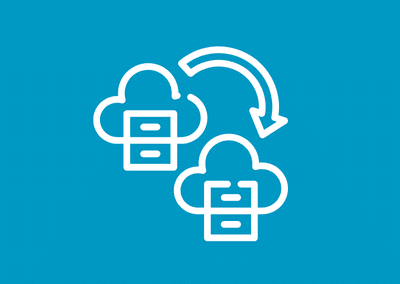Webinar Series
Replacing VMware with OpenNebula: What You Need to Know
June 4, 2025 @ 5 pm CEST / 11 am EDT
Webinar Details
VMware is still on everyone’s mind and for good reason. Unpredictable licensing changes, rising costs, and shifting priorities have left organizations facing growing uncertainty and actively looking for alternatives.
OpenNebula is among the leading alternatives to VMware for building enterprise cloud infrastructure. It’s a fully open source, enterprise-ready platform designed to manage private, hybrid, and edge clouds with ease. Built for flexibility and control, OpenNebula helps organizations avoid vendor lock-in, cut costs by 5x to 30x, and boost both performance and reliability.
And now, with the upcoming OpenNebula 7.0 release, the platform introduces new, transformative features designed to bridge the gap left by VMware.
Watch this webinar to learn more about OpenNebula 7.0 and how to make a smooth transition from VMware without disruption to your business or your users. We cover:
- Key features in OpenNebula 7.0 that meet the general needs of VMware customers, such as our own advanced DRS-type functionality, Integrations with Veeam & NetApp, OVA support, and much more
- Best practices and lessons learned from the organizations that already migrated
- How OpenNebula compares to VMware in architecture, flexibility, and TCO (🤫 up to 90% lower TCO)
- Proven strategies to reduce costs and minimize disruption
This webinar is hosted by Michael Abdou, Customer Success Manager at OpenNebula Systems, and Jim Freeman, Technical Product Manager at OpenNebula Systems.
Watch on Demand
Acknowledgements
Initiative funded by the Spanish Ministry for Digital Transformation and Civil Service through the ONEnextgen Project: Next-Generation European Platform for the Datacenter-Cloud-Edge Continuum (UNICO IPCEI-2023-003) and co-funded by the European Union’s NextGenerationEU instrument through the Recovery and Resilience Facility (RRF).

